
The Living Wage Foundation (an initiative of Citizens UK) recently announced Living Wage rates for London and the UK at £10.55 an hour and £9 an hour respectively. These Living Wage rates are not statutorily binding but represent an increase of 25p
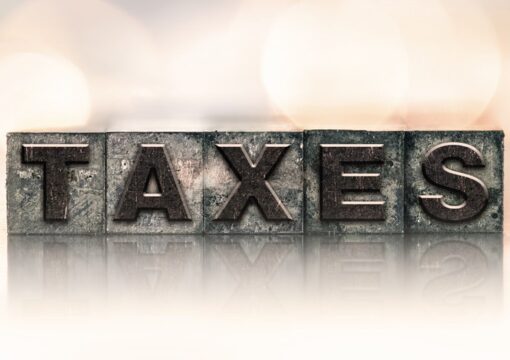
The Chancellor has confirmed that from 2019-20 the personal allowance will increase to £12,500 (an increase from the current £11,850 allowance) and the basic rate limit to £37,500. As a result, the higher rate threshold will increase to £50,000 from

Autumn Budget 2018
The Prime Minister announced at the Conservative Party conference that the end of austerity was in sight. Recent tax revenues have exceeded expectations, and although there was an expectation that these declarations and

Under certain circumstances, taxpayers can apply to HMRC for clearance or approval for a specific transaction. This can help give certainty about how a proposed transaction will be treated. Of course, there are numerous caveats to seeking clearance

If a taxpayer owns a business as a sole trader or in partnership, a capital gain will be deemed to arise if the business is converted into a company by reference to the market value of the business assets including goodwill. This may give rise to a

The Money Laundering Regulations (MLR) are designed to protect the UK financial system and put in place certain controls to prevent businesses being used for money laundering by criminals and terrorists.
Many businesses are monitored by the

The Inheritance Tax main residence nil-rate band (RNRB) came into effect on 6 April 2017. The RNRB is a transferable allowance for married couples and civil partners (per person) when their main residence is passed down to a direct descendent, such

A director of a company that manufactured security systems has been found guilty of two counts of fraudulent trading and one count of fraudulently removing property in anticipation of winding up. He was sentenced to two years in prison after
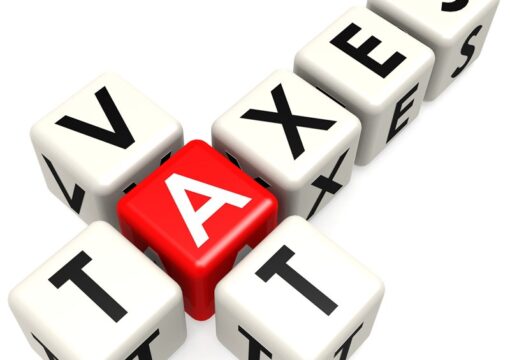
There are special VAT rules that allow businesses to standard rate the supply of most non-residential and commercial land and buildings (known as the option to tax). This means that subsequent supplies by the person making the option to tax will be
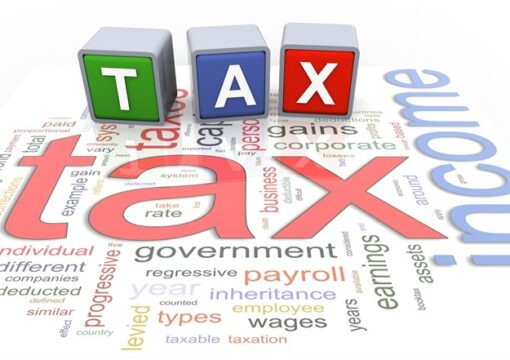
HMRC has used targeted campaigns to recover underpaid taxes and penalties from specific sectors and industries where significant underpayment of tax has been identified. The use of these campaigns is part of the government’s continued moves to tackle

There are a number of reasons why a limited company may be no longer required and can be shut down. This may be because the limited company structure:
no longer suits the needs of its owners,
the business is no longer active, or
the company is

Class 3 National Insurance Contributions (NICs) are a voluntary contribution paid by those wishing to fill gaps in their NICs contribution record and can be used by taxpayers who have not made sufficient compulsory contributions or are not liable to
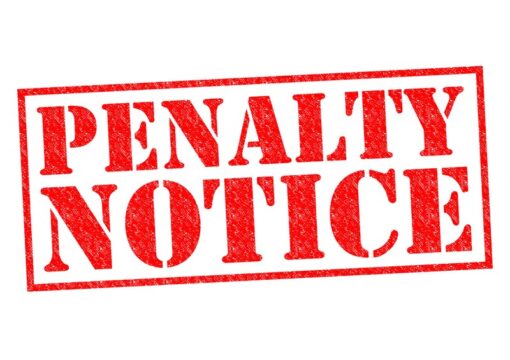
There are higher penalties for taxpayers evading Income Tax and Capital Gains Tax relating to offshore matters. HMRC’s compliance check notice entitled Higher penalties for offshore matters, has recently been updated to include details about
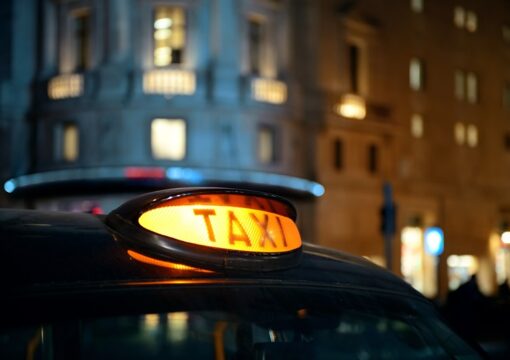
There is no specific requirement for employers to provide employees with transport home. Nevertheless, an employer has a duty of care to their employees, which means that they should take all steps that are reasonably possible to ensure their health,

Stamp Duty Land Tax (SDLT) is payable whether you buy a freehold property, a new or existing leasehold property or a shared ownership property. SDLT has been replaced in Scotland by the Land and Buildings Transaction Tax and in Wales by the Land